The weekend shooting that left four people dead in northern Kosovo, home to ethnic Serbs, was planned and coordinated, not carried out by a small, isolated group, National Security Council spokesman John Kirby said Friday.
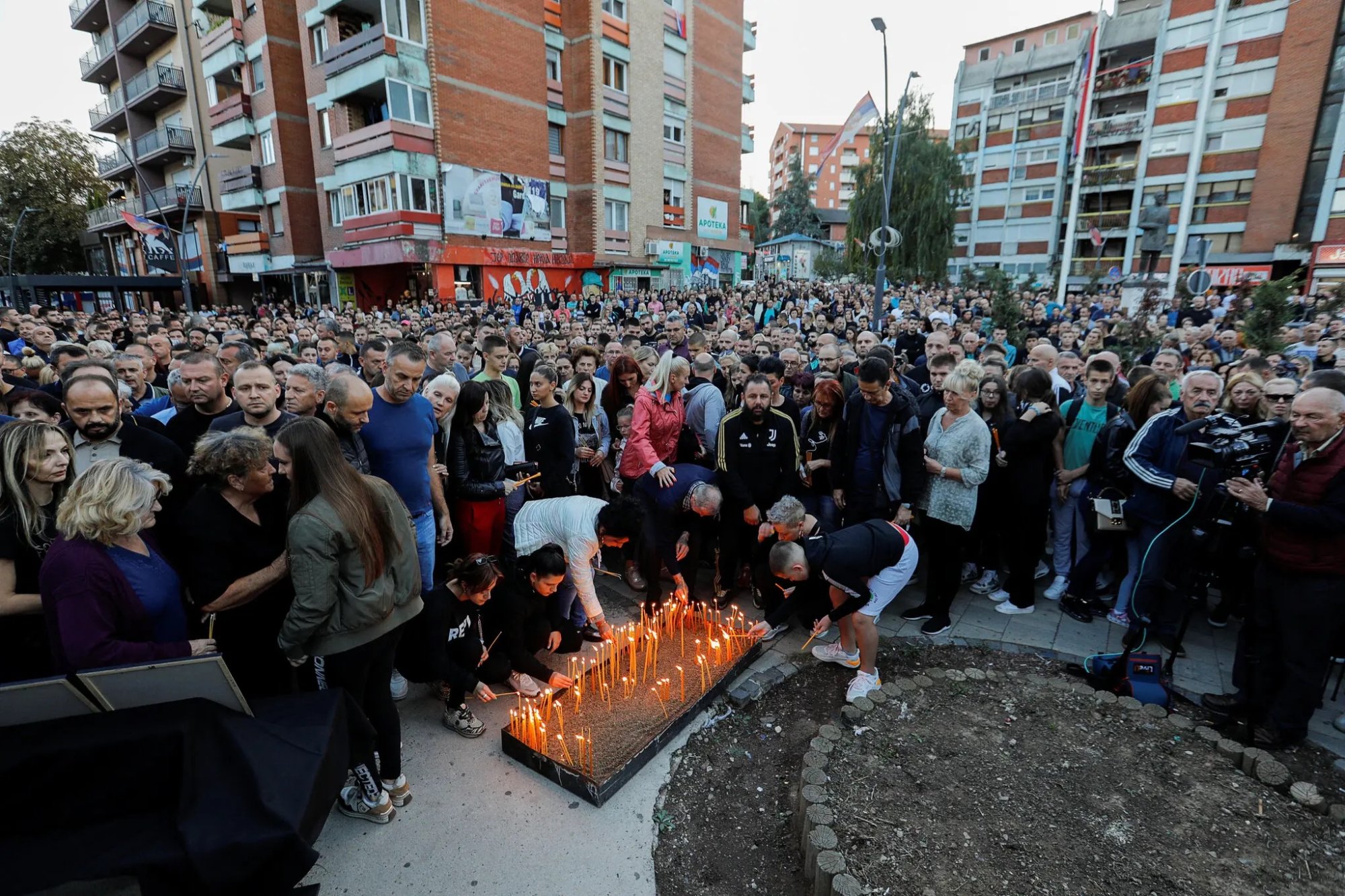
People gather at a vigil in Mitrovica, Kosovo, to remember those killed in a shooting at a Serbian Orthodox monastery on September 24. Photo: NYT
The attack, which killed three Serbs and a Kosovo police officer, involved 30 fighter jets, 20 SUVs and military-grade equipment, Kirby said. “This was not the kind of attack that was carried out randomly, ad hoc or by a small group,” he said. “The number and types of weapons found pose a threat to the safety of not only Kosovo personnel but also international personnel, including NATO troops.”
He said Kosovo was conducting a thorough investigation into the incident and the US hoped Pristina would get to the bottom of it. “All those involved in planning and executing this attack must be brought to justice,” he added. The White House spokesman also said the US and its Western allies were monitoring “a large-scale military buildup by Serbia along the border with Kosovo, including an unprecedented deployment of advanced Serbian artillery, tanks and mechanized infantry.”
“We believe this is a destabilizing development,” he warned, noting that the United States is working closely with European allies to defuse tensions. NATO, which acts as a peacekeeping force in Kosovo, is increasing its troop presence in the Balkan country after Sunday’s shooting, which saw masked men holed up in a monastery and shoot at a police patrol.
Kosovo has accused Serbia of carrying out the attack. Belgrade has denied the accusation, but Serbian President Aleksandar Vučić has hailed the gunmen as heroes.
Kosovo Prime Minister Albin Kurti welcomed NATO’s decision to send more troops in an interview with the AP news agency. “We need NATO because the border with Serbia is very long and the Serbian army has recently strengthened its capabilities and they have a lot of military equipment from both the Russian Federation and China,” he said.
Kosovo declared independence from Serbia in 2008, but Belgrade has never recognized the separation. The two countries went to war in the late 1990s after the breakup of Yugoslavia and a NATO bombing campaign to end the conflict.
Tensions flared again in May after ethnic Serbs in Kosovo boycotted local elections in the north. The US, along with Europe, has been trying for months to de-escalate the conflict, but to no avail, and Washington appears increasingly concerned.
Mai Anh (according to NYT)
Source


![[Photo] Prime Minister Pham Minh Chinh receives Mr. Jefferey Perlman, CEO of Warburg Pincus Group (USA)](https://vstatic.vietnam.vn/vietnam/resource/IMAGE/2025/4/18/c37781eeb50342f09d8fe6841db2426c)




![[UPDATE] April 30th parade rehearsal on Le Duan street in front of Independence Palace](https://vstatic.vietnam.vn/vietnam/resource/IMAGE/2025/4/18/8f2604c6bc5648d4b918bd6867d08396)


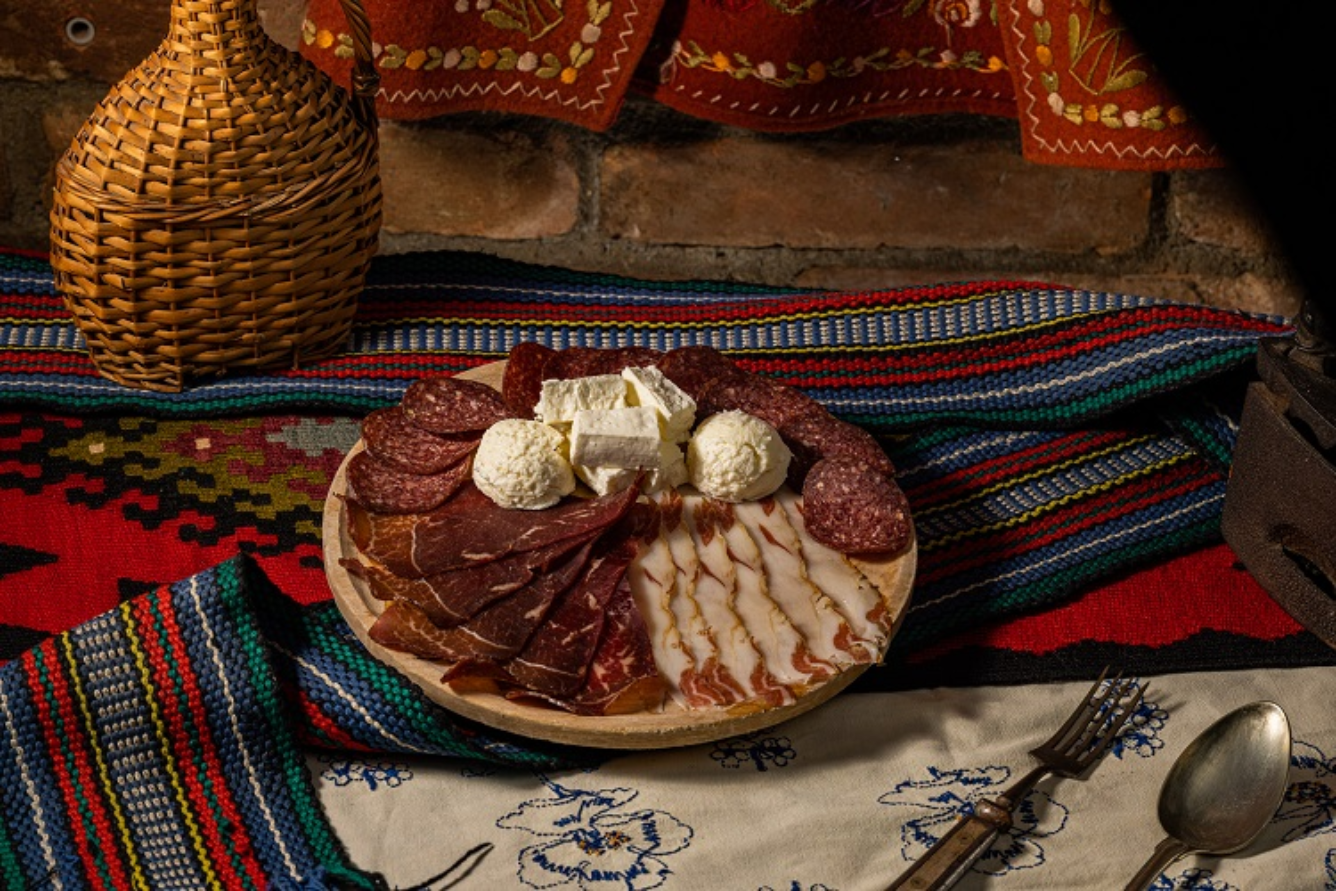
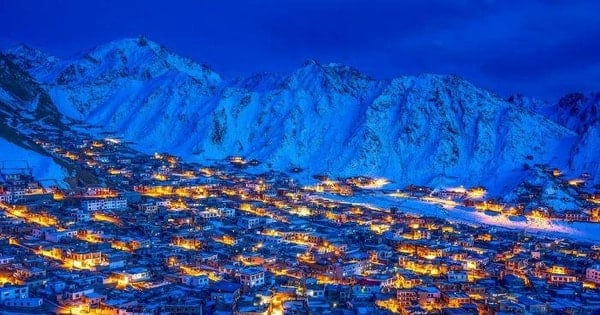


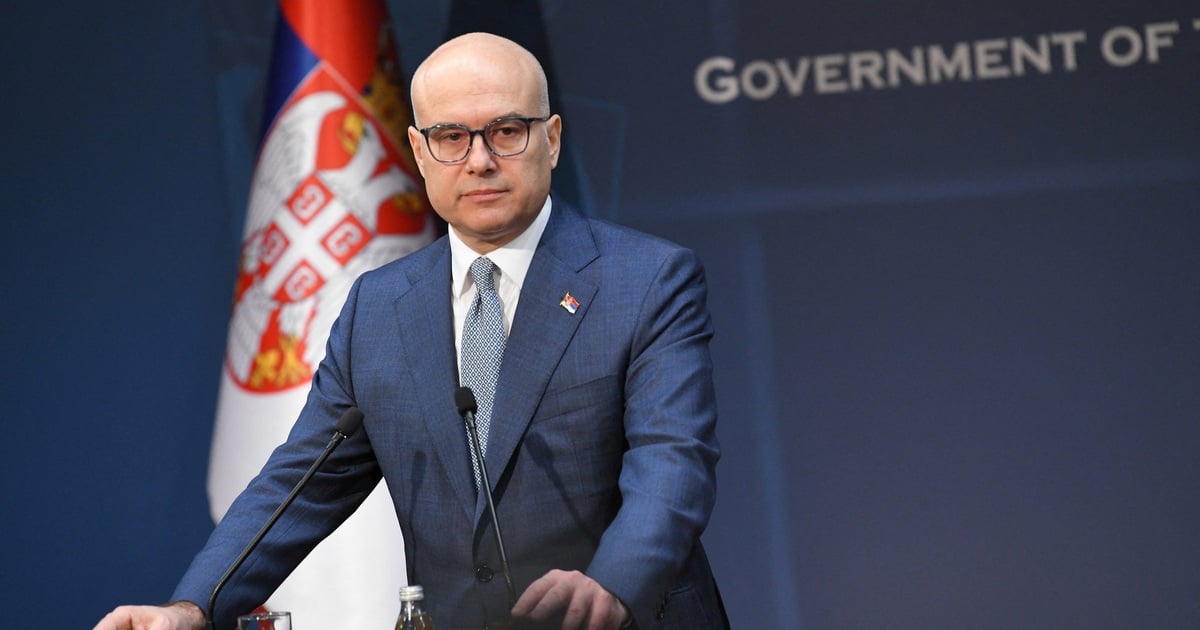

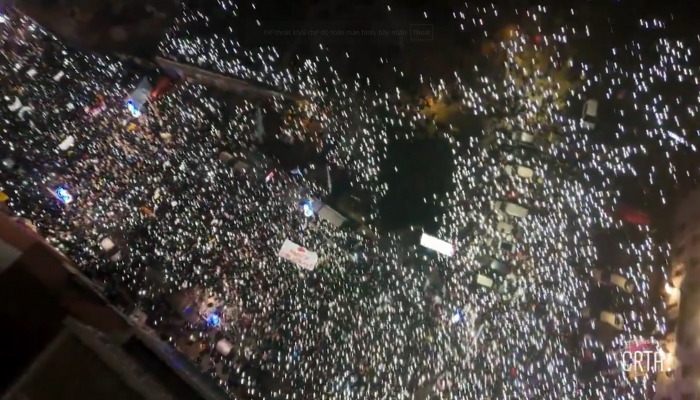
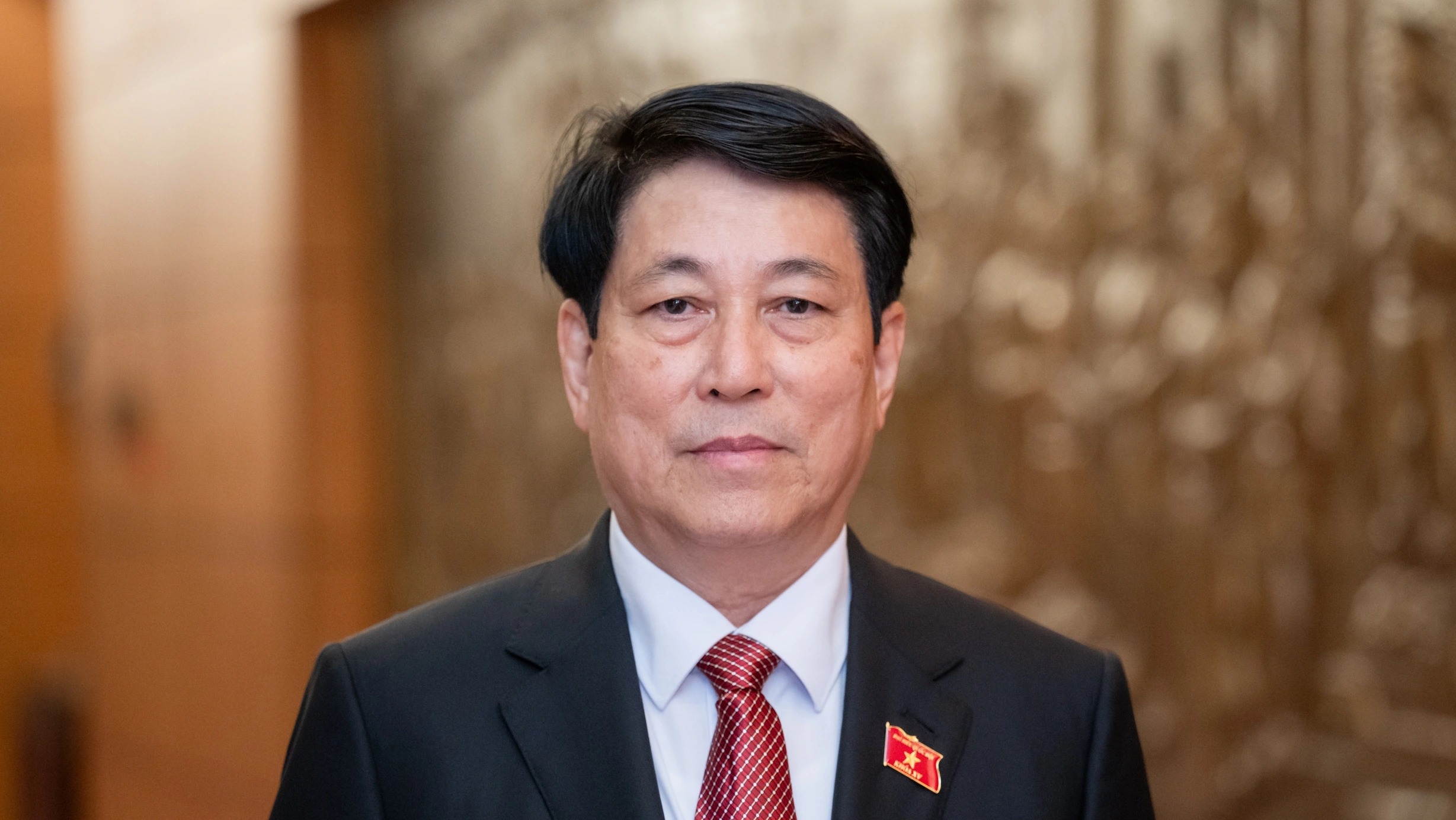
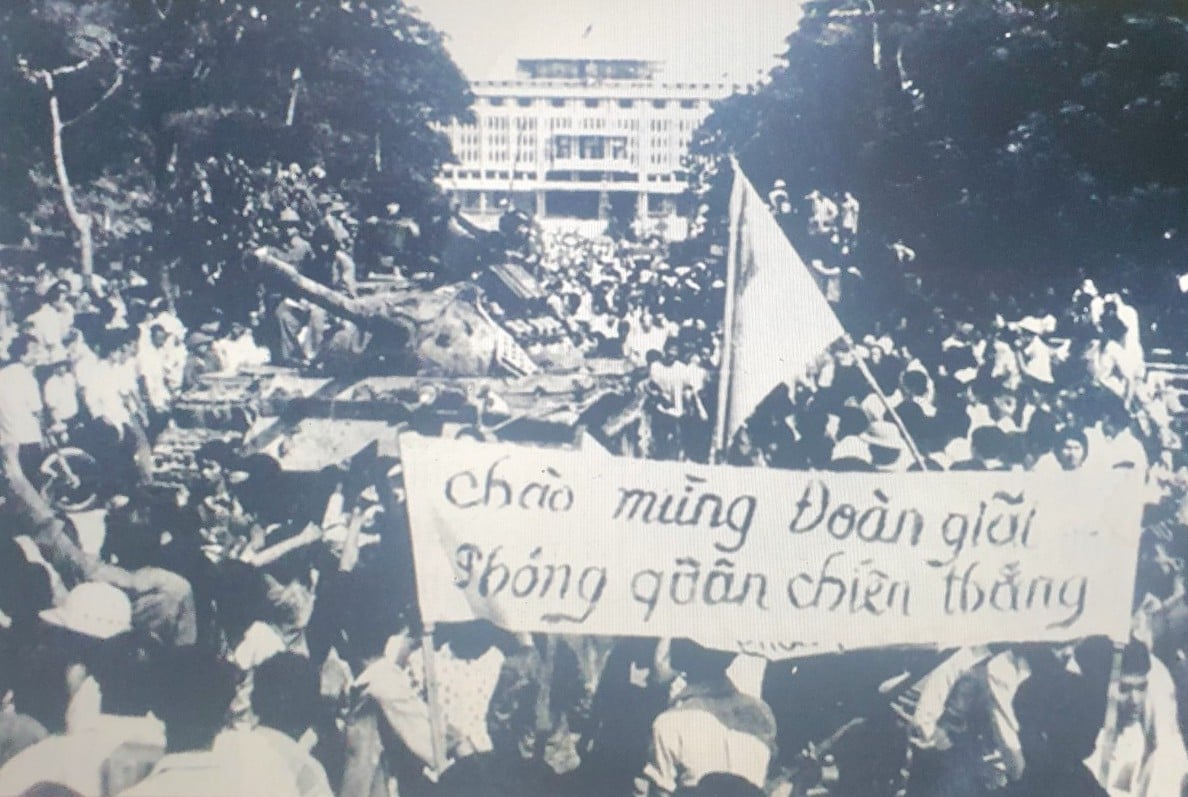















































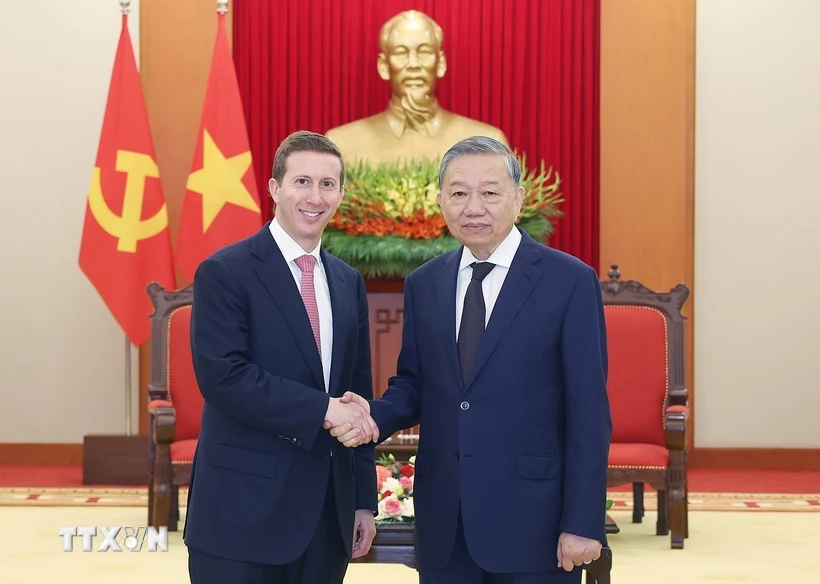







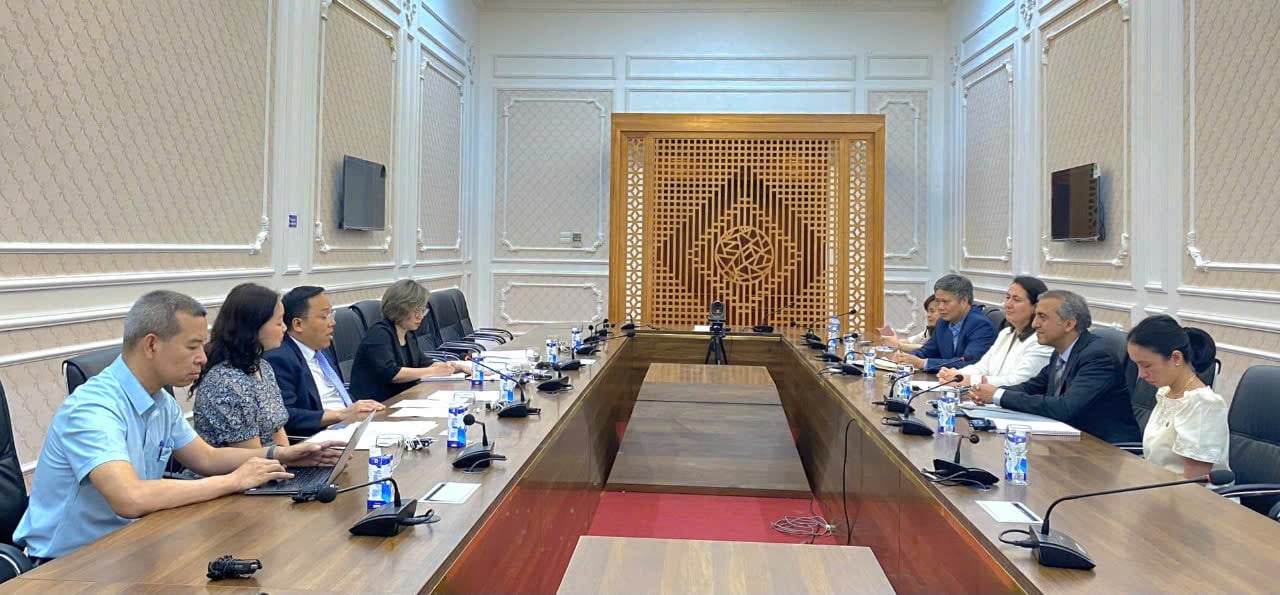


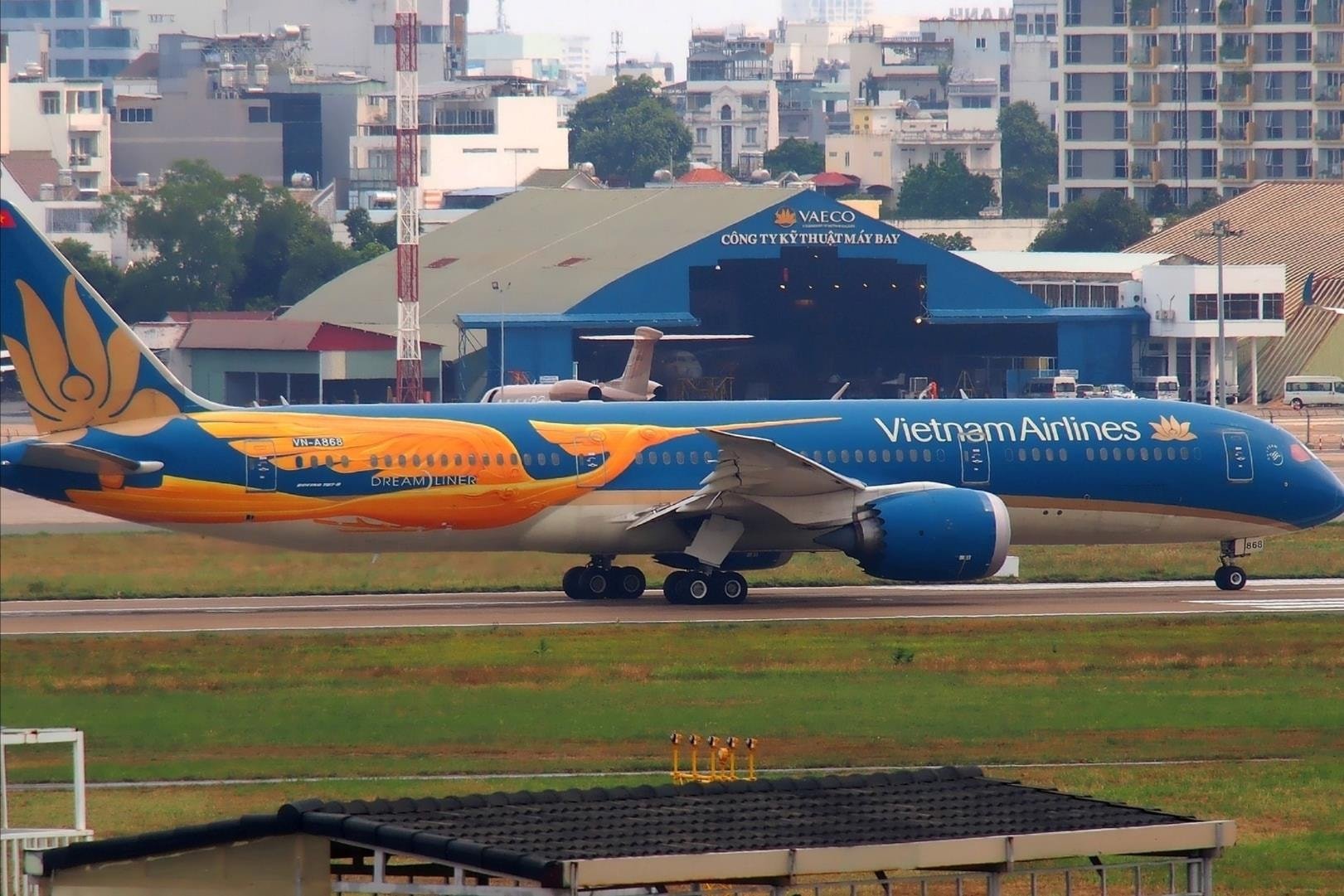



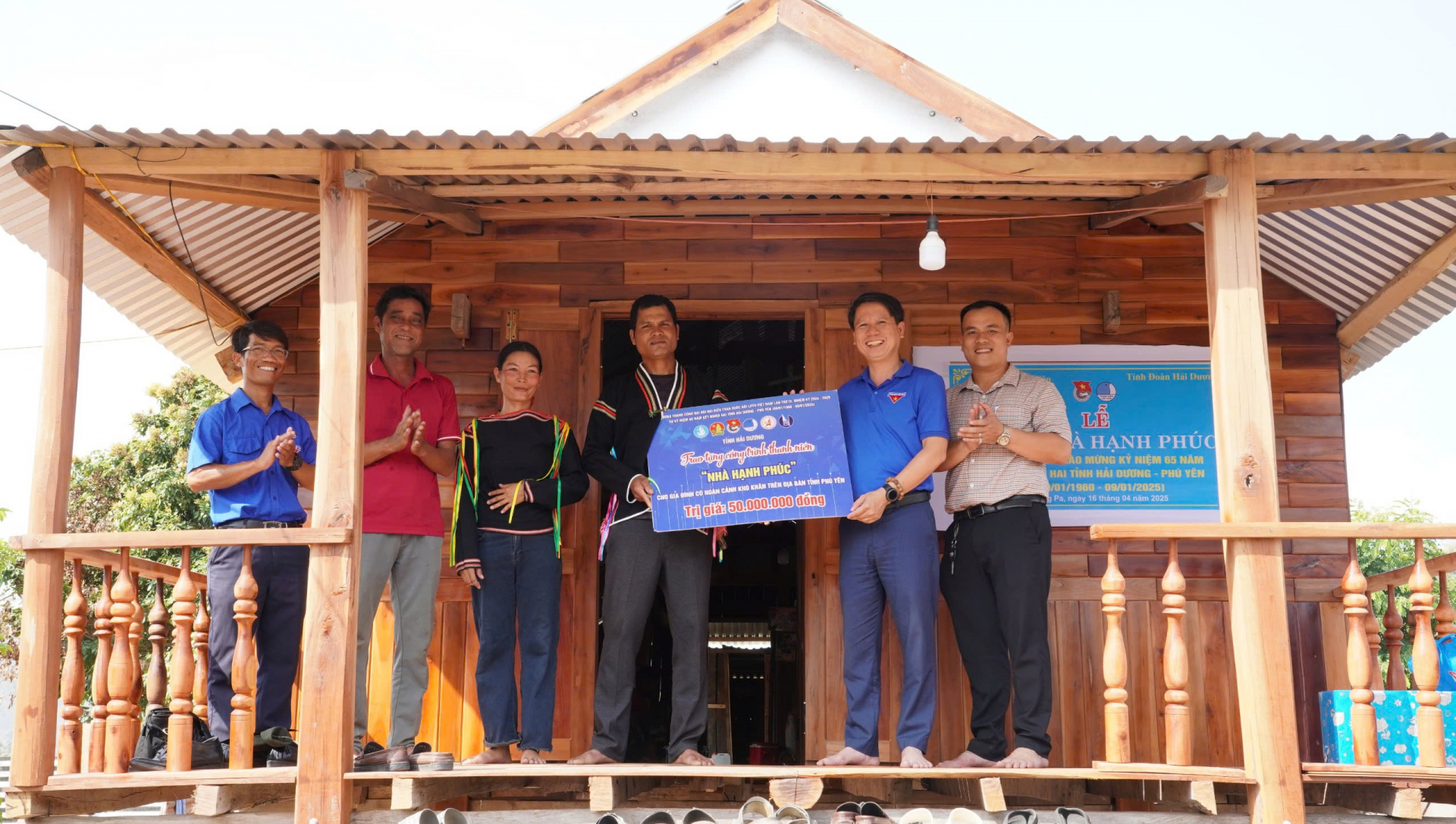

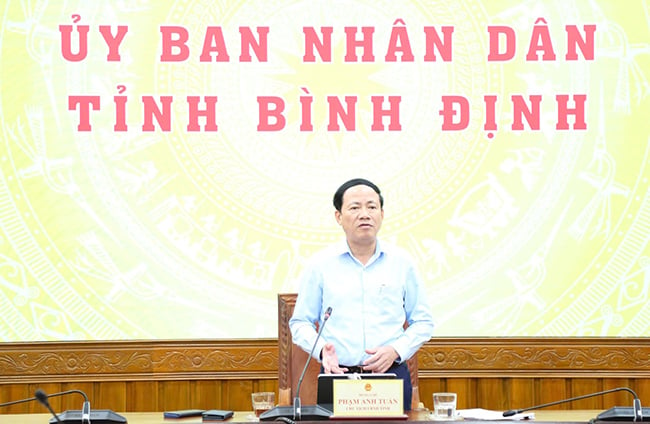
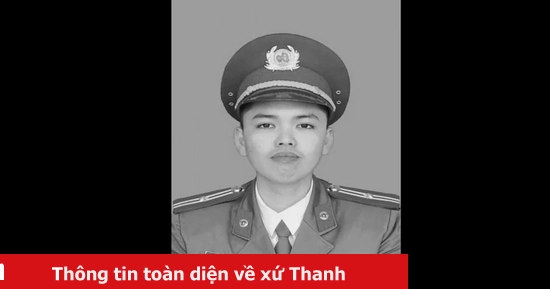












Comment (0)